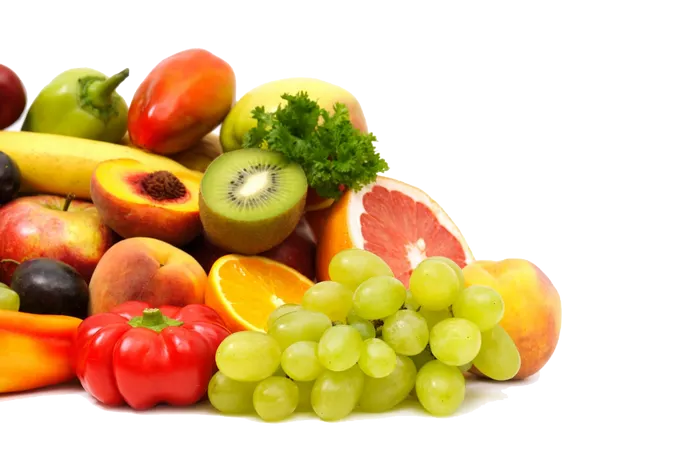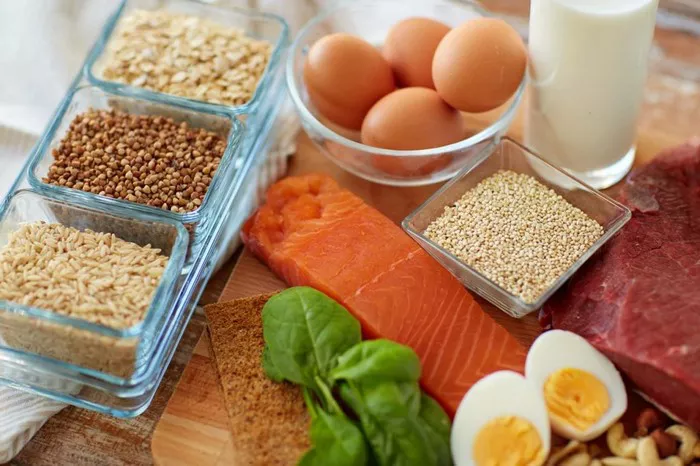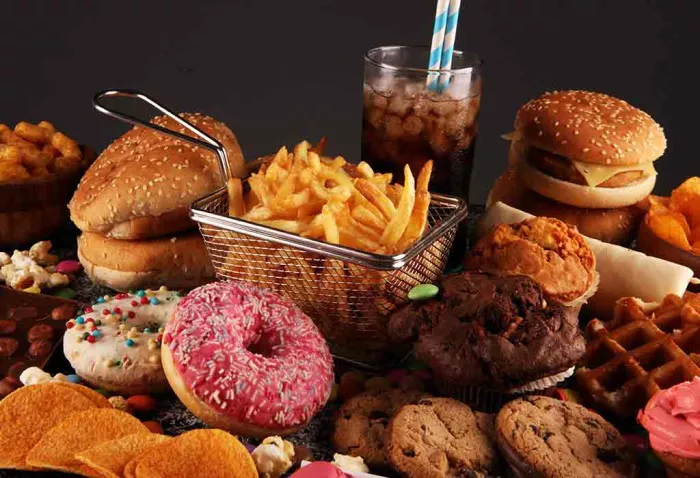Bodybuilding is more than just an activity—it’s a rigorous discipline that combines intense physical training with a strategic approach to nutrition. Vitamins play a critical role in this equation, aiding in everything from muscle repair to energy production. Understanding which vitamins are necessary and how they contribute to bodybuilding can help athletes maximize their performance and achieve their physical goals more effectively.
Vitamins in Bodybuilding
In the context of bodybuilding, vitamins are not merely supplements; they are essential components of a well-rounded nutritional strategy designed to optimize muscle growth, enhance recovery, and support overall health. Unlike macronutrients such as proteins, fats, and carbohydrates, vitamins do not provide energy directly. Instead, they assist in various biochemical processes that are critical to energy metabolism and tissue repair.
The Role of Vitamins in Muscle Growth and Repair
Vitamins are involved in numerous processes that are crucial for muscle growth and recovery. These include protein synthesis, the repair of muscle fibers damaged during exercise, and the reduction of oxidative stress, which can proliferate during intense physical activities. By contributing to these key areas, vitamins help bodybuilders not only to increase their muscle mass but also to maintain it effectively.
Differentiating Between Essential and Non-Essential Vitamins
Vitamins are categorized into two types: fat-soluble and water-soluble. Fat-soluble vitamins (A, D, E, and K) can be stored in the body’s fatty tissues and liver, whereas water-soluble vitamins (B-complex and C) must be replenished regularly as they are not stored in significant amounts. Both types are crucial for bodybuilders, but they serve different functions within the body.
Key Vitamins for Bodybuilding
Each vitamin plays a unique role in supporting bodybuilding activities. Here’s an overview of the most critical vitamins and their specific benefits for muscle growth and recovery.
Vitamin A
Functions and Benefits:
Vitamin A is essential for protein synthesis, a fundamental process in muscle growth. It also plays a crucial role in the production of glycogen, the body’s primary storage form of energy for high-intensity performance.
Vitamin B Complex
The B vitamins are a group of water-soluble vitamins that are particularly important for energy metabolism.
Vitamin B1 (Thiamine): Helps convert nutrients into energy, essential for ATP production.
Vitamin B2 (Riboflavin): Plays a role in energy production and the repair of skin, hair, and muscle.
Vitamin B3 (Niacin): Enhances muscle growth and gives a boost in muscle repair and recovery.
Vitamin B6 (Pyridoxine): Crucial for protein metabolism and red blood cell production.
Vitamin B12 (Cobalamin): Essential for nerve function and the formation of DNA and red blood cells.
Folic Acid: Helps with tissue growth and cellular function, which are crucial during heavy lifting and physical training.
Vitamin C
Functions and Benefits:
Vitamin C is vital for the synthesis of collagen, which helps maintain muscle tissue and skin elasticity. It also serves as a potent antioxidant, protecting tissues from oxidative stress and supporting immune health.
Vitamin D
Functions and Benefits:
Often referred to as the “sunshine vitamin,” Vitamin D is crucial for bone health and calcium absorption. It also enhances muscle function and strength, playing an essential role in muscle recovery and injury prevention.
Vitamin E
Functions and Benefits:
Vitamin E is another powerful antioxidant. It helps protect cell membranes against damage from oxidative stress, aiding in the recovery of muscles after intense workouts.
Vitamin K
Functions and Benefits:
Vitamin K is essential for blood clotting and bone health. It also plays a role in maintaining strong bones, which is crucial for bodybuilders to withstand rigorous training routines.
Sources and Supplementation
While a balanced diet can provide most of these vitamins, bodybuilders often need higher quantities than what diet alone can offer.
Dietary Sources
Vitamin A: Carrots, sweet potatoes, and dark leafy greens.
Vitamin B Complex: Whole grains, meat, eggs, and legumes.
Vitamin C: Citrus fruits, strawberries, and bell peppers.
Vitamin D: Fatty fish, fortified milk, and exposure to sunlight.
Vitamin E: Nuts, seeds, and vegetable oils.
Vitamin K: Leafy green vegetables, such as spinach and kale.
Supplementation Guidelines
When dietary intake is insufficient, supplementation becomes necessary. However, it’s crucial to approach supplementation with caution:
Consult a Healthcare Provider: Always discuss with a healthcare provider before starting any supplementation, especially if you have underlying health conditions or are taking other medications.
Quality and Dosage: Choose high-quality supplements and adhere to recommended dosages to avoid toxicity, particularly with fat-soluble vitamins.
Integrating Vitamins into a Bodybuilding Regimen
Incorporating the right vitamins into a bodybuilding diet involves more than just taking supplements; it includes strategic dietary planning and timing. For example, vitamin C and E might be particularly effective when taken close to workout sessions due to their roles in reducing oxidative stress and aiding in muscle recovery.
Conclusion
Vitamins are indispensable tools in the bodybuilder’s nutritional arsenal. They support muscle growth, enhance recovery, and help maintain overall health. By understanding the role of each vitamin and incorporating them thoughtfully through both diet and supplementation, bodybuilders can optimize their training outcomes and overall well-being. Remember, while vitamins are crucial, they are part of a larger picture that includes macronutrients, hydration, and rest, all of which are essential for successful bodybuilding.
[inline_related_posts title=”You Might Be Interested In” title_align=”left” style=”list” number=”6″ align=”none” ids=”8176,7875,8078″ by=”categories” orderby=”rand” order=”DESC” hide_thumb=”no” thumb_right=”no” views=”no” date=”yes” grid_columns=”2″ post_type=”” tax=””]
































